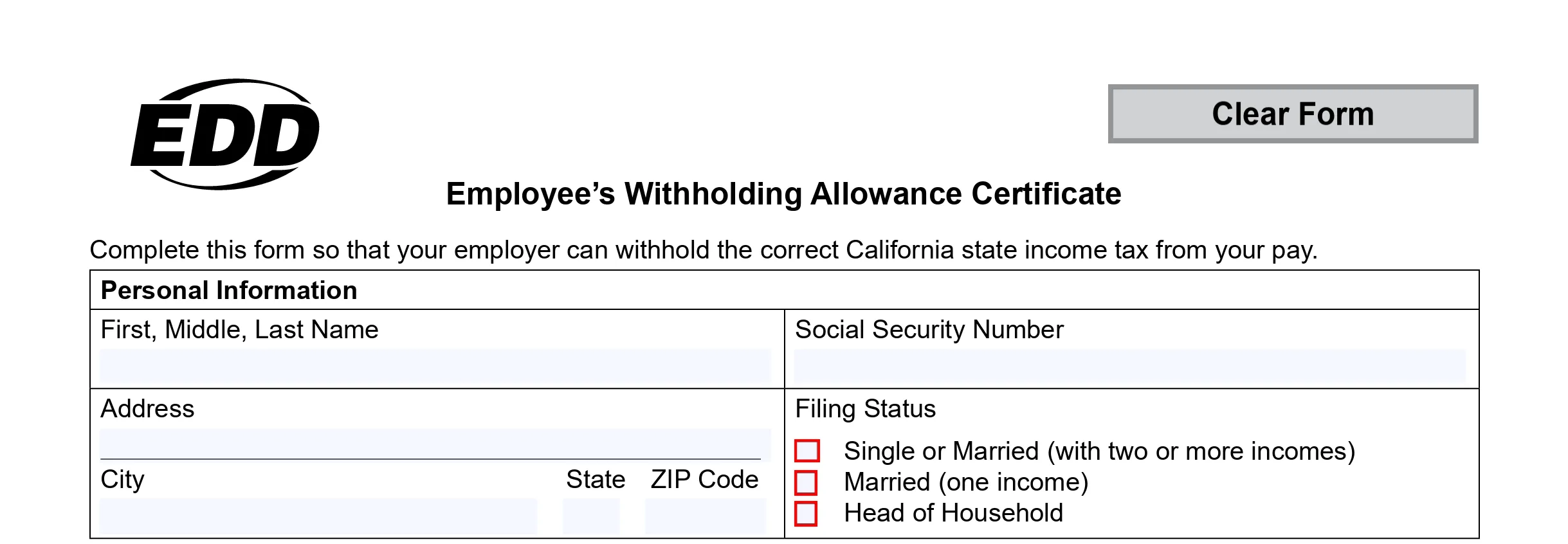Hiring Your Children: A Smart Tax Deduction Strategy
As a business owner, hiring your children can be both an educational opportunity for them and a beneficial tax strategy for you. By understanding the rules and properly documenting their employment, you can maximize tax deductions while teaching your kids valuable skills and work ethics.

Benefits of Hiring Your Children
1. Teaches Valuable Skills
Your children learn the importance of work ethics, gain practical job skills, and develop good money management habits early on.
2. Tax Savings
Properly hiring your children can offer significant tax deductions, reducing your overall tax liability.
Key Rules to Follow
1. Age Matters
- Under 18: If your business is a sole proprietorship, partnership (with only parents as partners), or an LLC treated as a disregarded entity, you can pay your child without payroll taxes (FICA: Social Security and Medicare). You still need to withhold income taxes and issue a W-2, but the business can deduct the wages paid.
- 18 and Older: Payroll taxes apply, but wages are still deductible.
2. Business Entity Structure
- Sole Proprietorship/Partnership: No payroll taxes for wages paid to minor children.
- LLC (Disregarded Entity): Benefits are the same as a sole proprietorship.
- Corporations (S-Corp/C-Corp): Requires a W-2 and payroll taxes for any wages paid to children, as they are treated as any other employee of the corporation.
3. Legitimate Work
Your child must perform real and necessary work for your business. Examples include cleaning offices, doing clerical work, or even modeling for a family-owned children’s clothing line. The work must be age-appropriate and the wages reasonable for the tasks performed.
4. Reasonable Expenses
Wages should be similar to what you would pay a non-related employee for the same work. This ensures the IRS sees the payment as legitimate business expenses.

Tax Details
1. Standard Deduction
Your child can earn up to $14,600 in 2024 tax-free, benefiting from the standard deduction. This means the wages paid to them can be entirely in the 0% tax bracket if they do not exceed this amount.
2. No FUTA Until Age 21
Federal Unemployment Tax Act (FUTA) does not apply to wages paid to your children until they turn 21, further reducing tax liabilities.
3. Roth IRA
Encourage your child to save by contributing their earnings to a Roth IRA. This teaches them the value of saving and investing early while enjoying the tax-free growth of their investments.
Special Considerations
1. Family Management Company
If your business is organized as an S- or C-corporation, where FICA and FUTA taxes apply to wages paid to your minor children, consider setting up a family management company. This sole proprietorship can manage certain aspects of your corporation, allowing you to pay your children through it and regain the tax benefits.
2. Kiddie Tax
Be aware of the kiddie tax, which applies to unearned income (interest, dividends). In 2024, the first $1,250 of unearned income is tax-free. The next $1,250 is taxed at the child’s rate, and any additional unearned income is taxed at the higher of the child’s or parent’s tax rate. This can limit the benefits if your child has significant unearned income.
Real-Life Application
Farmers
Utilize family labor for chores such as feeding animals or cleaning barns. Wages paid to minor children in these roles do not require payroll taxes, providing significant tax savings for family farms.
Family Businesses
Children can help in various roles within the business, such as clerical work, light maintenance, or even more specialized tasks like content creation or social media management, depending on the business’s needs and the child’s abilities.
By carefully planning and adhering to IRS guidelines, hiring your children can be a win-win strategy. You gain tax savings and instill valuable life skills in your children, setting them up for future success. For more detailed guidance, visit IRS resources on hiring family members and tax strategies.
Conclusion
Hiring your children isn't just a way to reduce your tax bill; it's an investment in their future. With the right approach, you can help them learn essential skills, build a work ethic, and even start saving for their future, all while reaping the benefits of reduced tax liabilities for your business. Always ensure you follow IRS regulations closely to enjoy these benefits without any issues.
Disclaimer: This blog is meant for informational purposes only and should not be considered as tax advice. Consult with a qualified tax professional or advisor for personalized guidance based on your specific situation.
Reach out to us today at [email protected], and let's work together to optimize your tax situation and financial well-being. Your journey towards a more tax-efficient future starts here.



